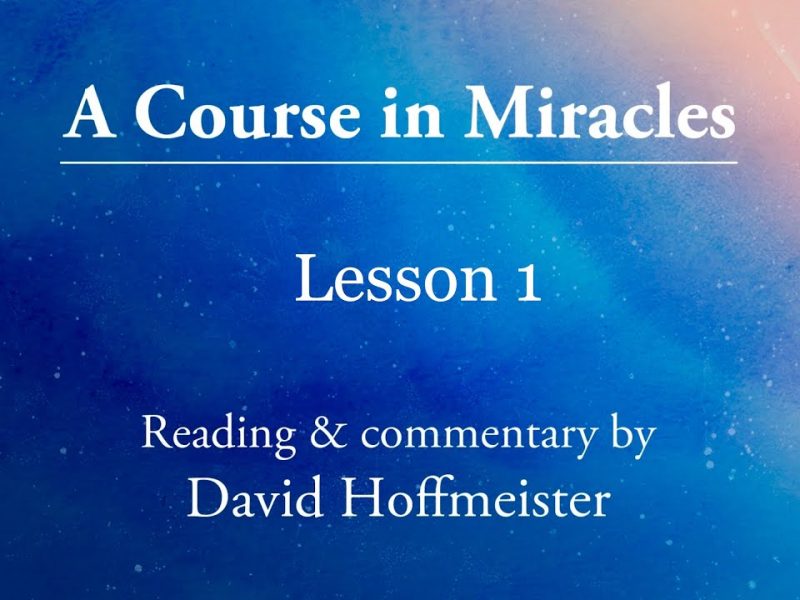Education is a fundamental pillar of society, serving as the bedrock upon which individuals build their futures and nations cultivate progress. It is a powerful force that not only imparts knowledge but also molds character, instills values, and fosters critical thinking. In this article, we will explore the multifaceted significance of acim, its evolving landscape, and the transformative impact it has on individuals and societies.
The Foundation of Knowledge
Education is the key to unlocking the vast reservoirs of knowledge that humanity has accumulated over centuries. It encompasses formal learning in schools, colleges, and universities, as well as informal learning through life experiences. The acquisition of knowledge equips individuals with the tools they need to navigate the complexities of the modern world. From basic literacy and numeracy skills to advanced scientific and artistic pursuits, education empowers individuals to understand, question, and contribute to the ever-expanding pool of human knowledge.
Critical Thinking and Problem Solving
Beyond the transfer of information, education cultivates critical thinking and problem-solving skills. It encourages individuals to question assumptions, analyze information, and develop innovative solutions to challenges. A well-rounded education fosters creativity and the ability to approach problems from multiple perspectives, preparing individuals to tackle the dynamic and unpredictable nature of the global landscape.
Character Development and Values
Education is not just about what is learned from textbooks; it also plays a crucial role in shaping character and instilling values. Ethical and moral principles are often integrated into educational curricula, guiding individuals toward responsible citizenship. Schools and educational institutions contribute to the development of empathy, compassion, and a sense of social responsibility, fostering a community of individuals committed to making positive contributions to society.


